How to Control Rail Pressure in a Gasoline Direct Injection Fuel System
As automobiles continue to become cleaner, higher performing, and more reliable, their designs evolve. One critical system undergoing dramatic change...
Unlock Engineering Insights: Explore Our Technical Articles Now!
Discover a Wealth of Knowledge – Browse Our eBooks, Whitepapers, and More!
Stay Informed and Inspired – View Our Webinars and Videos Today!
Exploring the future of software-defined vehicles through expert insights.
3 min read
Adam Jungkunz, Ph.D.
:
May 17, 2018 8:09:00 PM
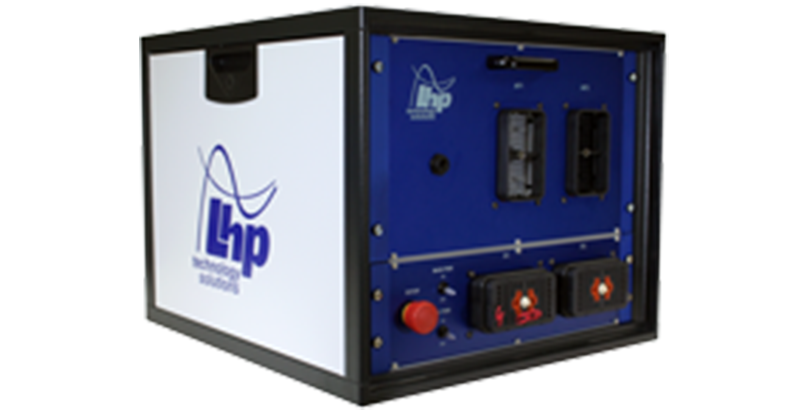
Today, automotive researchers and engineers are constantly evolving their research to optimize propulsion system control technologies for the vehicles of tomorrow. At labs around the globe, R&D teams are heavily focused on improving fuel efficiency and reducing emissions through technology such as more efficient, user-friendly stop-start systems and mild hybrid powertrains.
Thus, engine control hardware and software are constantly evolving to meet these ever-changing needs. As integrators that specialize in ensuring today’s top-tier engine control technology is more accessible through comprehensive systems that allow researchers and engineers to do more, LHP Technology Solutions (LHPTS) knows it needs to constantly evolve as well.
Currently, researchers are working to improve stop-start systems and mild hybrid powertrain technology by incorporating 48V electrical systems to supplement some of the higher power functions typically operated exclusively by 12V batteries. Providing engineers and researchers with the tools they need to work with these 48V electrical systems is critical to the evolution of vehicle technology and enables a variety of advancements, including the following:
Thus, LHPTS is retooling its Engine Control System (ECS) and ECS+ platforms to assist researchers and engineers in working with 48V systems, including motor/generators, electrified superchargers, and other components. For example, LHPTS integrated RoboteQ 48V brushless DC motor control and 48V AC induction motor control capability options into its ECS and ECS+ platforms. The motors are controlled with the same LabVIEW interface through which users interact with the ECS and ECS+ and are intended for use in controlling loads such as a 48V starter generator. Because of their expertise in technology integration, LHPTS engineers can customize the 48V motor control option on the ECS platforms so that any starter generator or other 48V motor can be powered either by a battery or a power supply.
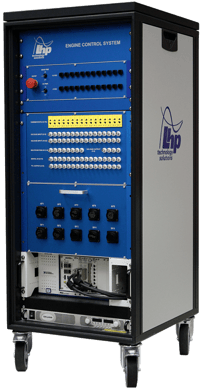
Engineers and researchers working to optimize propulsion system performance need a comprehensive and flexible platform, such as the ECS+, that is designed to evolve with today’s rapidly changing technology.
Additionally, the LHPTS software used to control the motor/generator allows for both speed-control and torque-control modes. The different control modes allow researchers to set engine speeds and accelerations while starting the engine, and then users can switch to torque-control mode to control the flow of the current recharging the battery.
LHPTS is also investing heavily in additional technologies that will assist with the development of mild hybrid powertrains as our engineers believe this is the direction the market is heading. In one application related to hybrid vehicles, LHPTS engineers recently demonstrated control of an electric supercharger powered by a 48V battery on the ECS platform. This solution will help get more work out of the engine without increasing the amount of energy needed, further optimizing the vehicle’s efficiency without increasing costs.

As automotive engineers and researchers tweak today’s technology to develop tomorrow’s highly-efficient vehicles, the need for precise, flexible control hardware and software becomes more prevalent. And, as technology continues to advance, and control techniques become more complex, engineers and researchers using the LHPTS ECS and ECS+ platforms are well positioned to refine their current systems and integrate updated technology for performing new tests that may not even be available today.
[i] https://www.nytimes.com/2018/02/08/business/electric-cars-48-volts.html
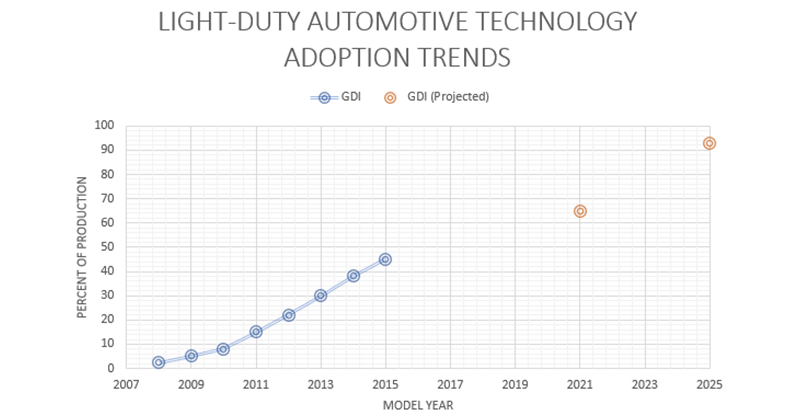
As automobiles continue to become cleaner, higher performing, and more reliable, their designs evolve. One critical system undergoing dramatic change...

NI Drivven Powertrain Modules, Exclusively sold by LHPTS, an LHP division.
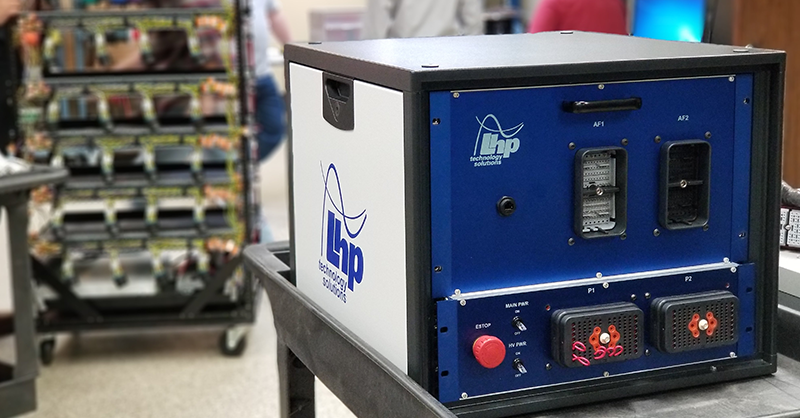
As fuel costs trend upward and emissions standards tighten across the globe, researchers and engineers are working to optimize vehicle propulsion...
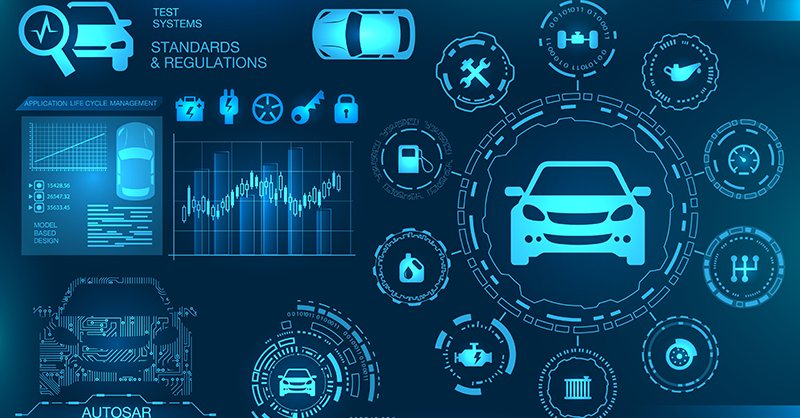
LHP is releasing a new product into our model-based design and test workflow at the Automotive Testing Expo in Novi, MI on 10/20. The LHP...
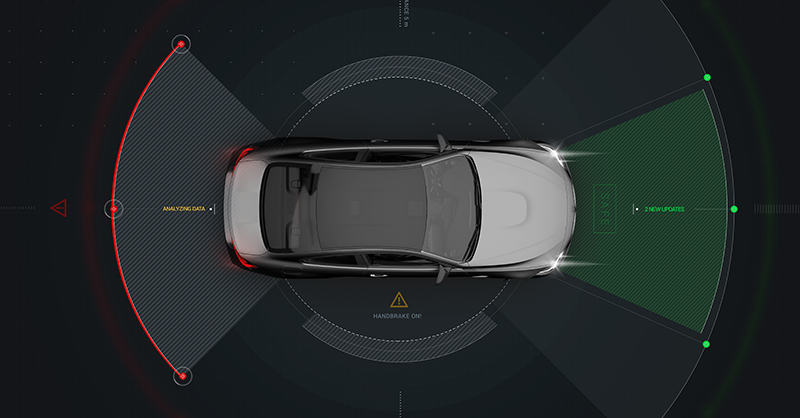
Improving driving safety through the reduction in opportunities for human error has been a focus of automotive manufacturers since the 1970s when...
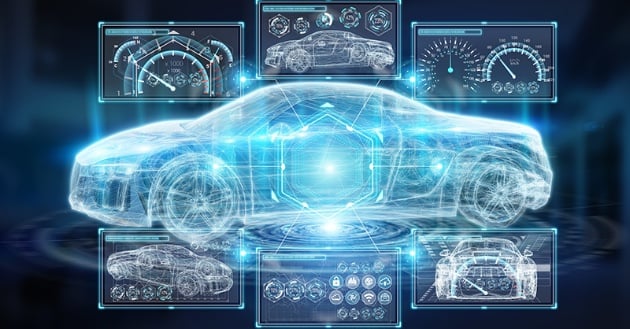
Recent events such as China’s plans to scrap pure internal combustion engines as soon as 2030, the release of Tesla’s Model 3, and announcements by...